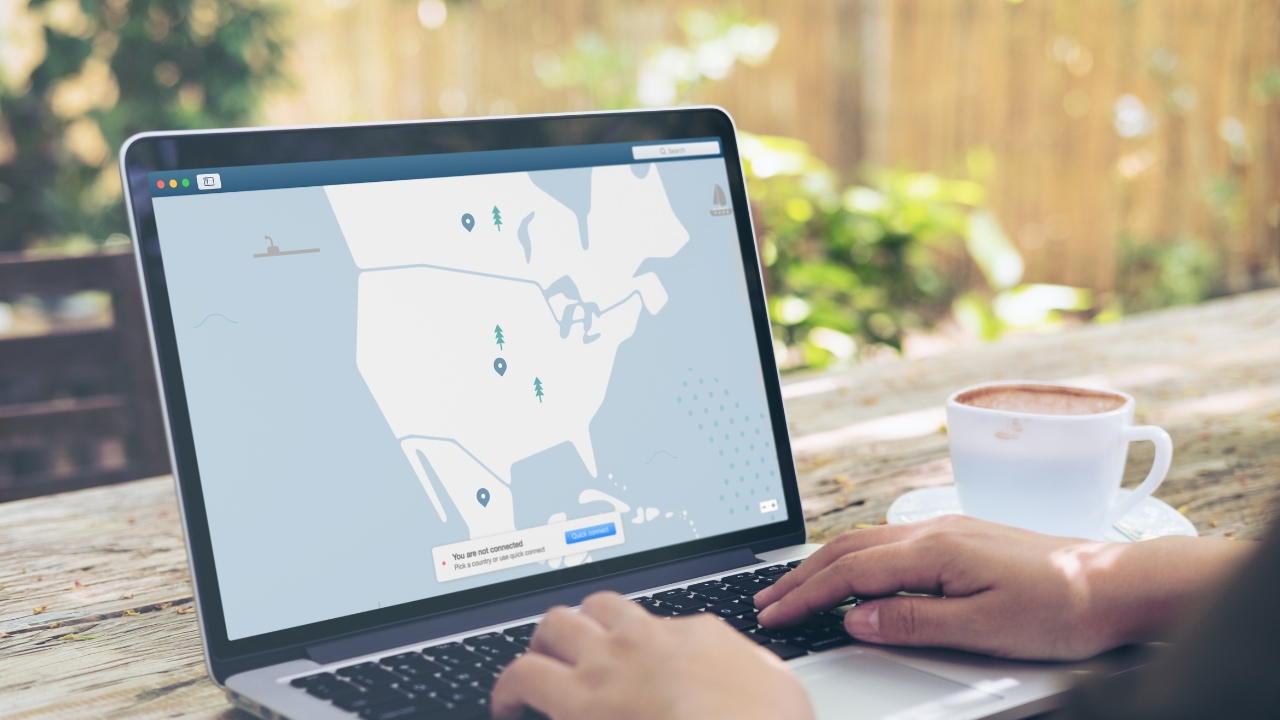Introduction
In the digital age, where our lives are intertwined with technology, safeguarding our personal information online has become more crucial than ever. From social media profiles to online shopping accounts, we leave behind a digital footprint that can be vulnerable to cyber threats and privacy breaches. In this blog post, we will explore simple yet effective steps to protect your personal information online and ensure your privacy in the digital realm.
Use Strong and Unique Passwords
Creating strong and unique passwords is the first line of defense against unauthorized access to your accounts. Avoid using common passwords like "password123" or "123456." Instead, opt for lengthy passwords that include a mix of upper and lower-case letters, numbers, and special characters. Additionally, use different passwords for each of your online accounts to prevent a domino effect in case one account is compromised
Enable Two-Factor Authentication (2FA)
Two-factor authentication adds an extra layer of security to your online accounts. With 2FA enabled, you'll need a second verification step, usually a unique code sent to your mobile device, to log in. Even if your password is compromised, 2FA prevents unauthorized access to your accounts, enhancing your online privacy significantly.
Be Mindful of Public Wi-Fi
Public Wi-Fi networks, such as those in coffee shops or airports, are convenient but often unsecured. Avoid accessing sensitive information, such as online banking or personal emails, while connected to public Wi-Fi. If you must use public Wi-Fi, consider using a virtual private network (VPN) to encrypt your internet traffic and protect your data from potential eavesdroppers
Review Privacy Settings on Social Media
Social media platforms hold a treasure trove of personal information. Regularly review and adjust your privacy settings on social media to control who can see your posts, profile information, and contact details. Be cautious about sharing sensitive information publicly, as it may be used for targeted phishing attempts or identity theft
Be Cautious of Phishing Attempts
Phishing emails and messages are a common tactic used by cybercriminals to trick users into revealing personal information. Be wary of emails or messages asking for sensitive data, login credentials, or payment information. Verify the sender's authenticity and avoid clicking on suspicious links or downloading attachments from unknown sources
Regularly Update Software and Apps
Keep your devices, operating systems, and applications up-to-date with the latest security patches. Software updates often address known vulnerabilities that cyber attackers can exploit. Regularly check for updates and enable automatic updates whenever possible to ensure your devices are protected against emerging threats
Limit Personal Information Shared Online
Be cautious about the information you share online, especially on public platforms. Avoid oversharing personal details like your full address, phone number, or birthdate, as this information can be used for identity theft or social engineering attacks. Consider using pseudonyms or limiting the visibility of personal information on public profiles
Opt for Secure Websites
When sharing sensitive information or making online transactions, ensure you are using secure websites. Look for "https://" at the beginning of the website's URL, indicating that the connection is encrypted. Avoid entering personal information on non-secure websites, as it may be intercepted by attackers
Conclusion
Protecting your personal information online is essential for maintaining your privacy and safeguarding yourself from cyber threats. By following these simple steps, such as using strong passwords, enabling 2FA, being cautious of public Wi-Fi, reviewing privacy settings, avoiding phishing attempts, updating software regularly, limiting personal information shared online, and opting for secure websites, you can enhance your online privacy and reduce the risk of becoming a victim of cybercrime. Taking proactive measures to protect your personal data empowers you to enjoy a safer and more secure online experience in an increasingly connected world.
